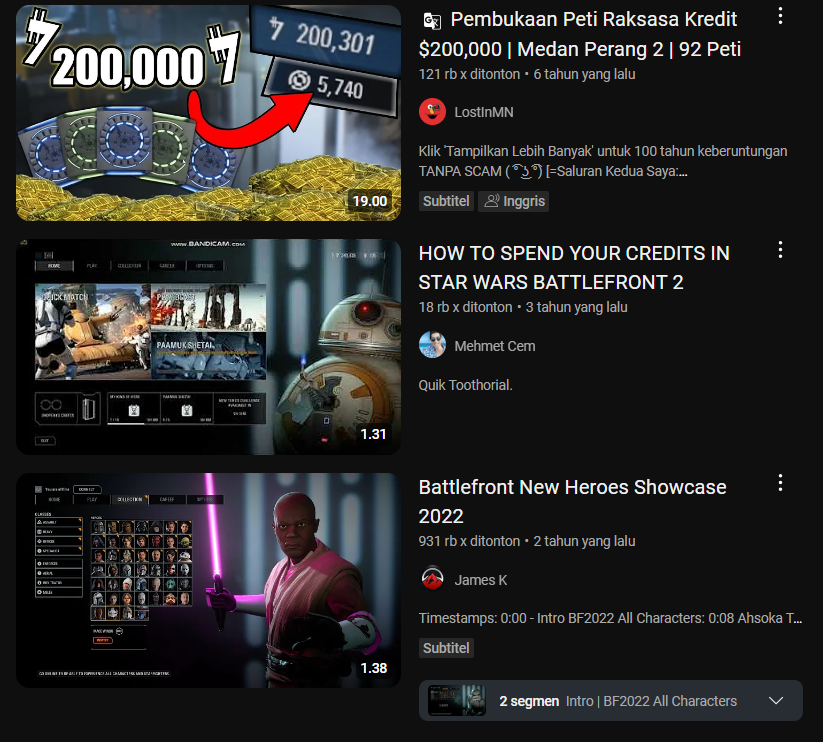Microtransactions and Gaming: Balancing Profit and Player Satisfaction
In the rapidly evolving landscape of video gaming, microtransactions have emerged as a significant revenue stream for developers. These small, in game purchases range from cosmetic items to game-enhancing power-ups, and while they contribute immensely to the profitability of games, they also stir a mix of emotions among players. This article explores the intricate balance between generating profit through microtransactions and maintaining player satisfaction.
The Rise of Microtransactions
Microtransactions have become a staple in modern gaming, especially within free-to-play models. Games like "Fortnite," "Candy Crush," and "Clash of Clans" have capitalized on this model, generating billions in revenue. The allure of microtransactions lies in their ability to offer continuous revenue streams, contrasting with the one-time purchase model of traditional games.
Economic Impact on the Gaming Industry
- Revenue Generation:
Microtransactions can significantly boost a game's profitability. For instance, "Fortnite" generated over $9 billion in revenue in its first two years, with a substantial portion coming from the sale of in-game cosmetics. This revenue model allows developers to continually fund updates and new content, keeping the game relevant and engaging.
- Sustainability:
Continuous revenue from microtransactions enables developers to support games with ongoing, updates, events, and content expansions. This model can extend the lifespan of a game well beyond its initial release, as seen with games like "Grand Theft Auto V" and "World of Warcraft."
Balancing Profit and Player Satisfaction
While microtransactions offer economic benefits, they can also impact player experience. Striking the right balance is crucial for maintaining a loyal player base.
- Fairness and Transparency:
Players are more likely to accept microtransactions if they perceive them as fair. Cosmetic items, which do not affect gameplay, are often seen as more acceptable compared to pay-to-win items that provide competitive advantages. Games like "League of Legends" have successfully implemented cosmetic microtransactions while maintaining a balanced competitive environment. - Avoiding Pay-to-Win Mechanics:
Pay-to-win models can alienate players who are unwilling or unable to spend extra money. This can lead to a divide between paying and non-paying players, reducing overall satisfaction. "Star Wars Battlefront II" faced significant backlash for initial implementation of pay-to-win mechanics, leading to a major overhaul of its microtransaction system. - Implementing Ethical Practices:
Transparency about the odds of obtaining certain items in loot boxes and offering non-monetary ways to earn in-game rewards can enhance player trust. "Apex Legends," for example, publishes the odds of obtaining rare items in its loot boxes, which has been positively received by the community.
Case Studies
- Fortnite:
"Fortnite" exemplifies how cosmetic microtransactions can drive massive revenue without disrupting game balance. The game's monetization strategy, focused on skins and emotes, has been largely accepted by the player community, contributing to its sustained success.Fortnite's cosmetic microtransactions, such as character skins, have generated billions in revenue without affecting gameplay balance - Star Wars Battlefront II:
Initially, "Star Wars Battlefront II" included loot boxes that provided gameplay advantages, leading to severe backlash from players and media. The controversy prompted EA to revamp the game's progression system, removing pay-to-win elements and emphasizing earnable content.Star Wars Battlefront II pay-to-win mechanics - Genshin Impact:
"Genshin Impact" utilizes a gacha system for character and weapon acquisition. While the game has been financially successful, it has also faced criticism for its potentially exploitative nature. However, the developers regularly update the game with free content and events, striving to keep both praying and non-praying players engaged.Genshin Impact's gacha system for acquiring characters



Komentar
Posting Komentar